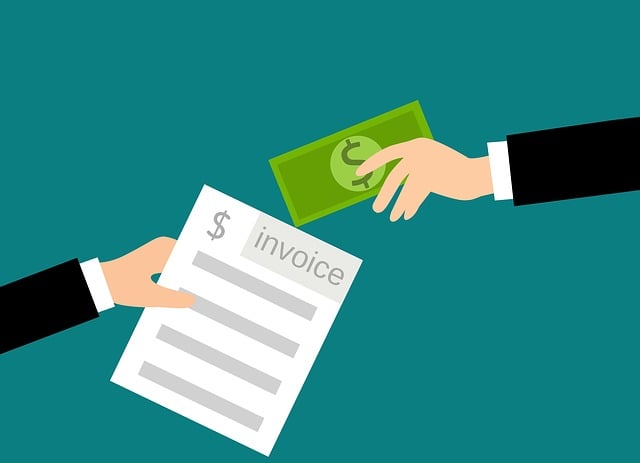Factoring offers reliable funding for businesses, especially SMEs, by purchasing invoices at a discount and providing immediate access to capital. This swift and flexible solution enables companies to transform outstanding invoices into cash flow, bypass traditional banking systems, and unlock financial flexibility for growth opportunities without the delays of conventional financing methods.
In today’s fast-paced business landscape, quick and reliable cash access is crucial for survival. Factoring offers a game-changing solution, providing businesses with immediate liquidity by converting accounts receivable into instant cash. This article explores factoring as a powerful tool for unlocking fast cash flow, highlighting its advantages over traditional lending methods in terms of reliability and efficiency. Get ready to discover how factoring can revolutionize your business’s financial strategy.
- Understanding Factoring: Unlocking Fast Cash Flow for Businesses
- Advantages of Factoring for Reliable Funding
- How Factoring Compares to Traditional Lending Options
Understanding Factoring: Unlocking Fast Cash Flow for Businesses

Factoring is a financial solution that offers businesses a fast and reliable way to access cash flow. It involves selling invoices (or accounts receivable) at a discount to a third-party funder, known as a factor. This process provides immediate funding, allowing companies to transform their outstanding invoices into instant capital. By doing so, businesses can unlock a steady stream of money, ensuring they have the financial flexibility to meet their short-term obligations and seize growth opportunities.
This method is particularly beneficial for small and medium-sized enterprises (SMEs) that often face cash flow challenges due to lengthy payment terms from customers. With factoring, SMEs can bypass the traditional banking system, which may be slow in processing loan applications or offering credit lines. It provides a quick and efficient alternative, enabling businesses to maintain their operations, invest in expansion, or manage unexpected expenses without the delays associated with conventional financing methods.
Advantages of Factoring for Reliable Funding

Factoring offers a powerful solution for businesses seeking fast and reliable funding. This financial strategy involves selling accounts receivable at a discounted rate to a third-party factor, providing immediate cash flow. One of the key advantages is its ability to offer rapid access to capital, enabling businesses to meet their short-term financial needs without delays. Unlike traditional loans or banking solutions that may take time for approval and disbursement, factoring can be processed much quicker, ensuring businesses have the resources they require almost instantaneously.
Additionally, factoring provides a flexible funding option with no long-term commitment. Businesses retain control over their accounts receivable and can choose when and how much funding to access. This flexibility is particularly beneficial for companies with seasonal fluctuations or unpredictable cash flow patterns. By utilizing factoring, businesses gain a competitive edge, allowing them to seize opportunities, invest in growth, and maintain financial stability with reliable funding at their disposal.
How Factoring Compares to Traditional Lending Options

Factoring offers a unique and efficient approach to securing fast cash flow, setting it apart from traditional lending methods. Unlike bank loans that often involve lengthy application processes, collateral requirements, and strict credit checks, factoring provides immediate access to funds. Businesses sell their invoices (accounts receivable) at a discount to a factor, receiving the money within days, even hours. This method bypasses the conventional borrowing channels, making it an attractive option for those in need of reliable funding without the usual delays.
Traditional lending relies on future repayment capabilities, often assessed through credit scoring and financial statements. In contrast, factoring focuses solely on the value of outstanding invoices, ensuring that businesses can access capital based on their existing sales and customer base. This alternative financing method is particularly beneficial for small and medium-sized enterprises (SMEs) that may not have strong credit histories or collateral to offer but require quick cash to cover expenses, expand operations, or manage cash flow gaps.






